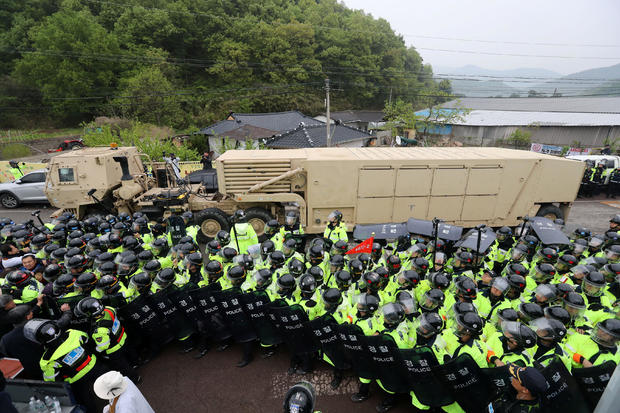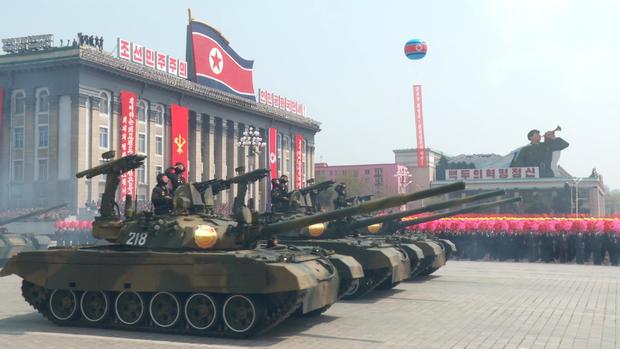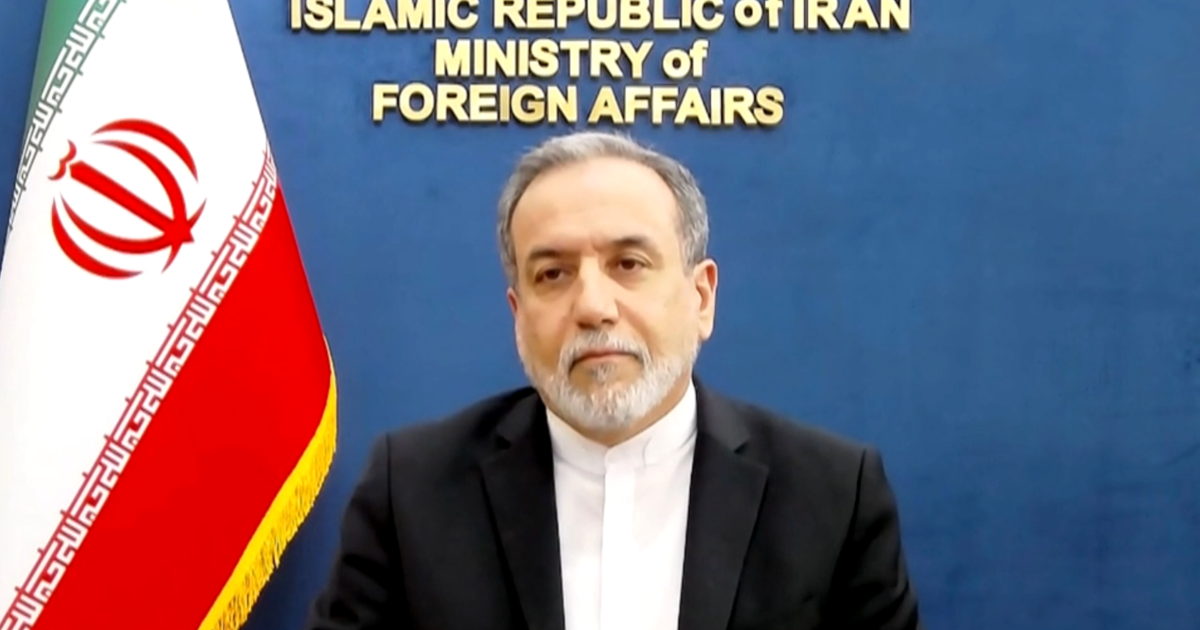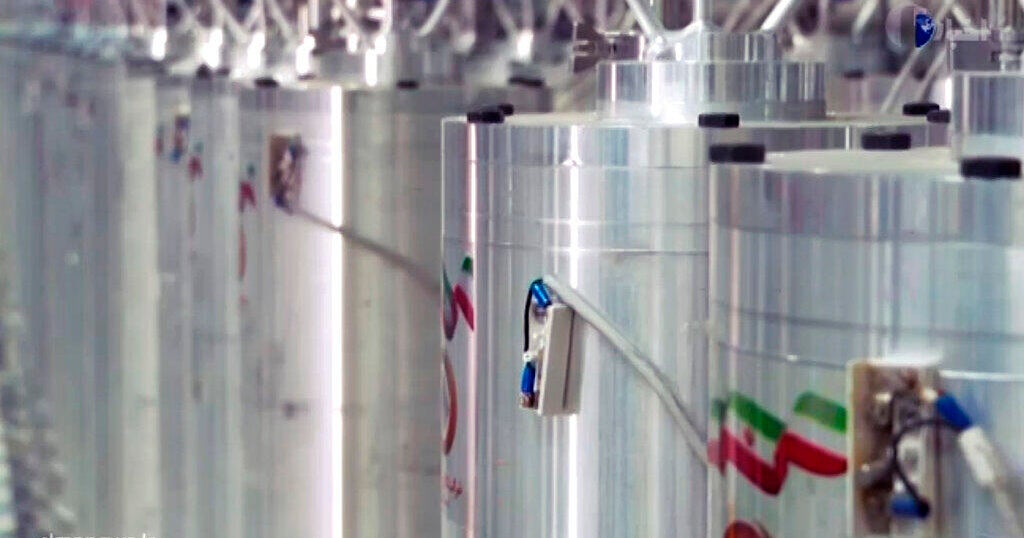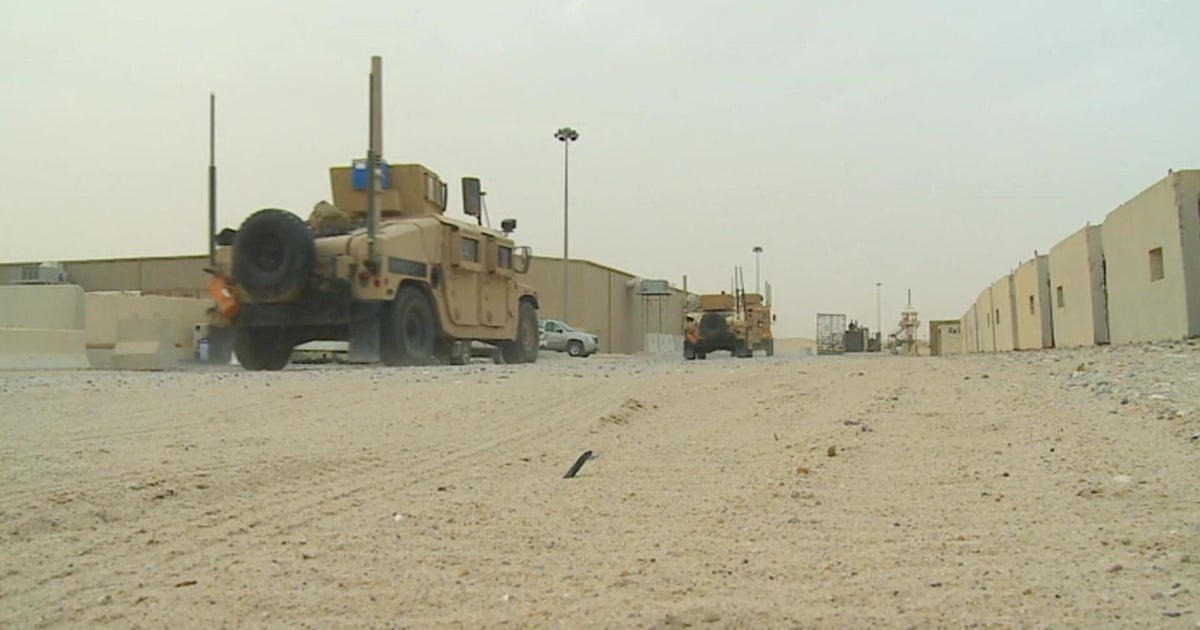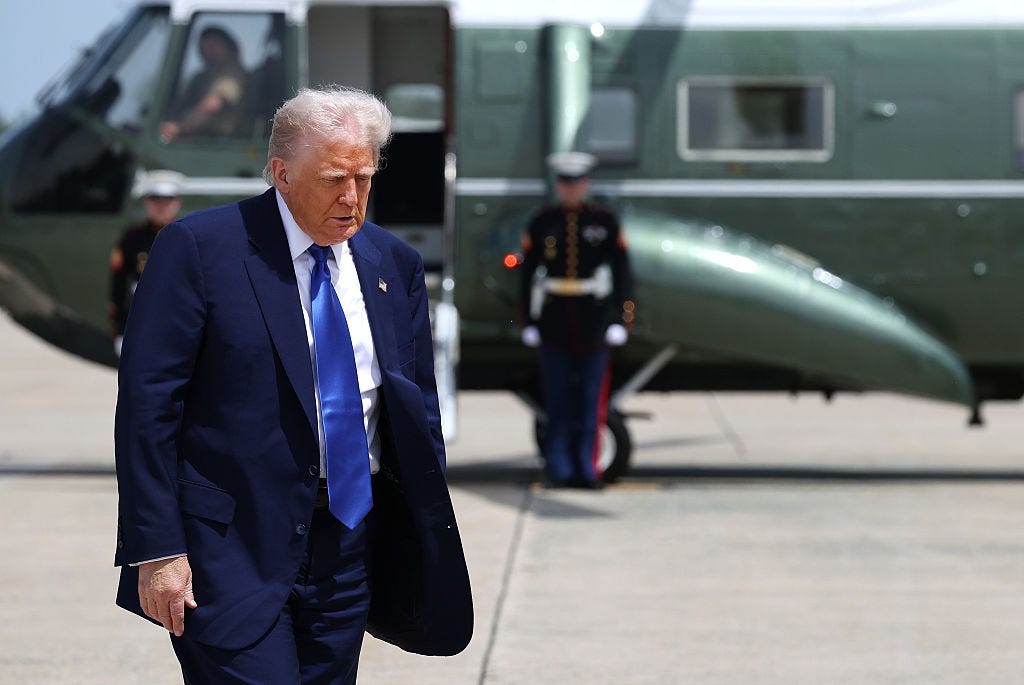China vows weapons tests as U.S. grapples with "grave" North Korea threat
BEIJING -- The Trump administration says North Korea is a "very grave threat," but has told U.S. lawmakers it is ready to negotiate a political solution to the standoff with the rogue, nuclear-armed regime.
But with Kim Jong Un's increasingly isolated government suspected of preparing for a sixth underground nuclear test and more missile launches, the U.S. says it just days away from having a new installation of the advanced THAAD missile defense system operational in South Korea.
China, North Korea's main ally, strongly opposes that U.S. move.
On Thursday, a day after South Korea announced significant progress on the THAAD installation, the Chinese vowed to carry out new military drills and test new weapons.
"China's military will continue to carry out live-fire military exercises and test new military equipment in order to firmly safeguard national security and regional peace and stability," Defence Ministry spokesman Yang Yujun said in Beijing.
CBS News correspondent Adriana Diaz reports that for now, at least, the Trump administration's effort to avoid a possible war are focused on getting North Korea to the negotiating table peacefully, and U.S. officials laid out some options on Wednesday.
Ratcheting-up diplomatic pressure, harsher sanctions, and the possibility of the U.S. government re-listing the North Korean regime as an official state sponsor of terrorism are all options being discussed.
While a diplomatic solution is clearly preferred, the U.S. Navy strike group deployed to the Korean Peninsula is now just a few days away, and the Pentagon says it has military plans ready as a last option.
Secretary of State Rex Tillerson will make his case to further isolate North Korea diplomatically on Friday at the United Nations.
The most important nation when it comes to pressuring the North, is China, the Kim regime's long-time ally and most valuable trading partner. Beijing has been lax in its enforcement of economic sanctions against North Korea for years, but there have been signs of new efforts by China to squeeze Pyongyang.
The Associated Press reported Thursday that gasoline shortages in North Korea have become severe in recent days, with restrictions on sales being imposed without any explanation by the government. There is no clear evidence to show the acute shortage is the result of a reduction in petroleum imports from China, but some experts think that is the case.
There have also been reports of dramatic reductions in coal imports from North Korea by China this year. Coal is the North's most valuable export.
On Thursday, the U.N. announced that a rights expert will visit the North for the first time next week. It is still unclear, however, how much will she actually be allowed to see.
